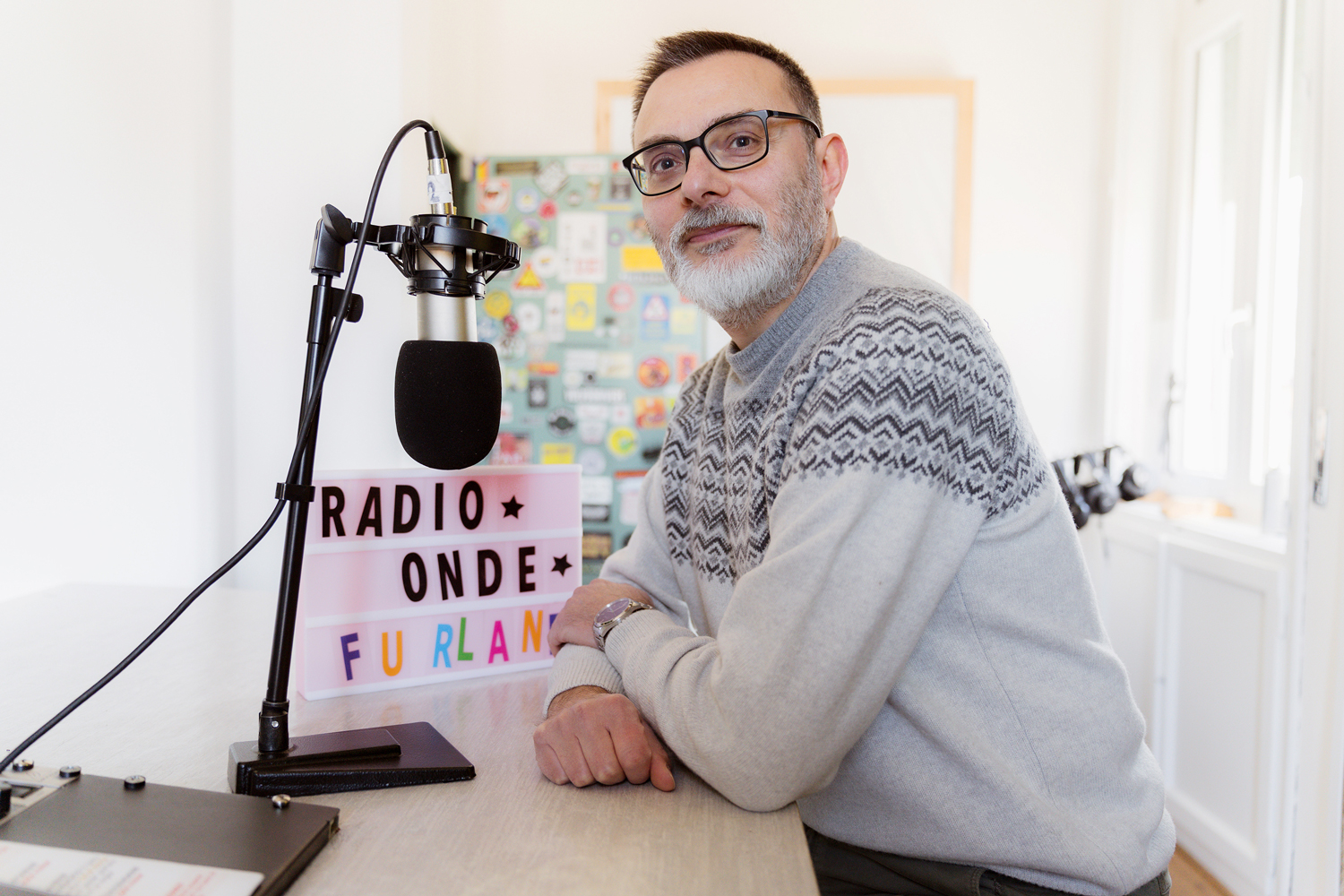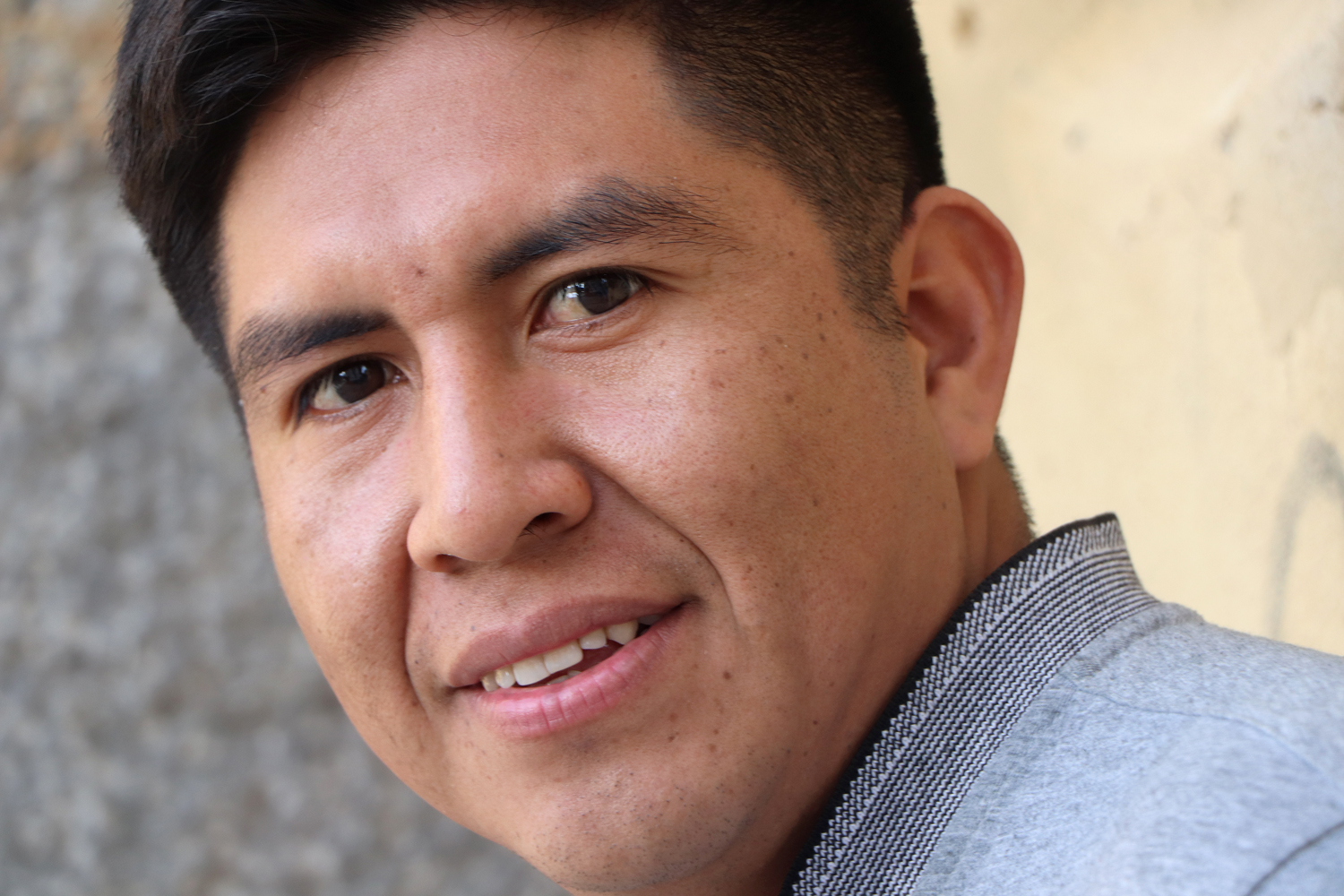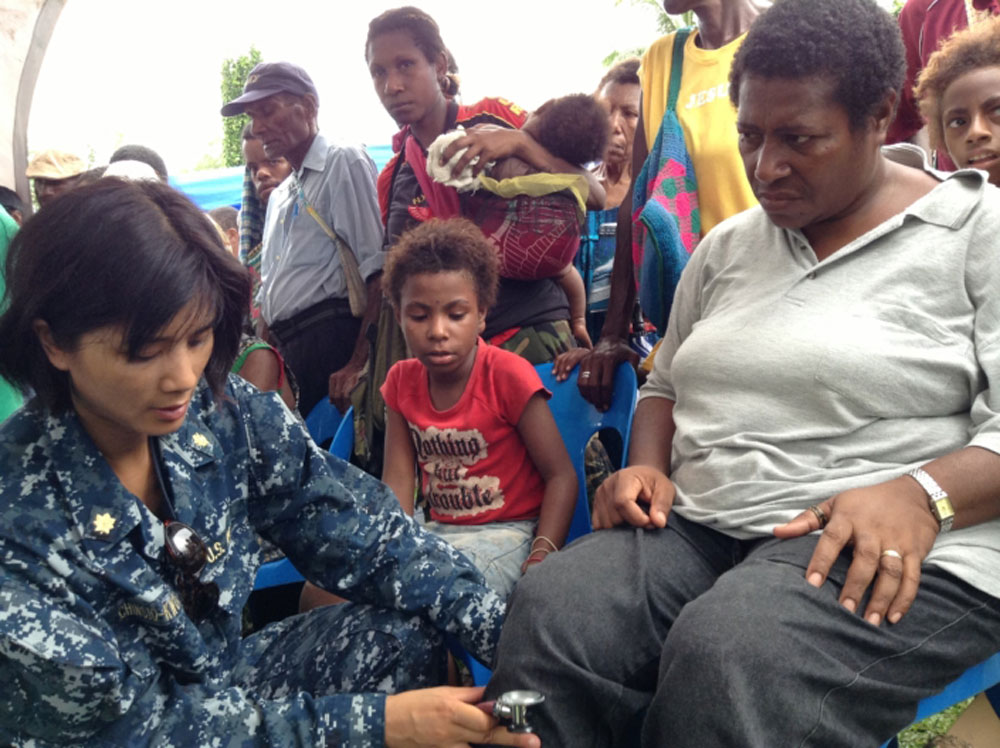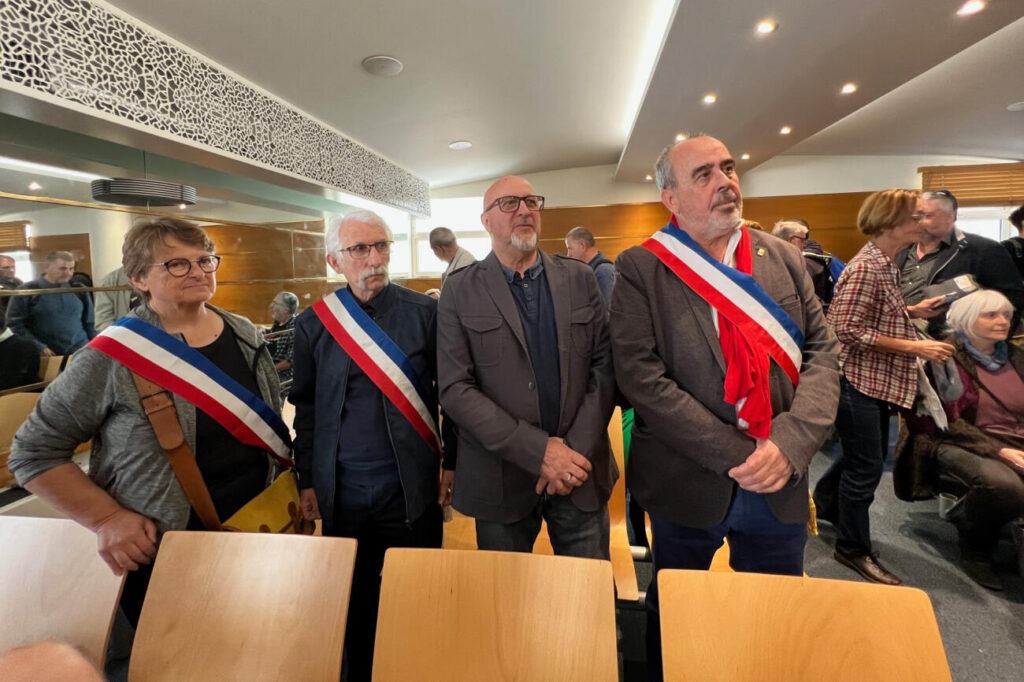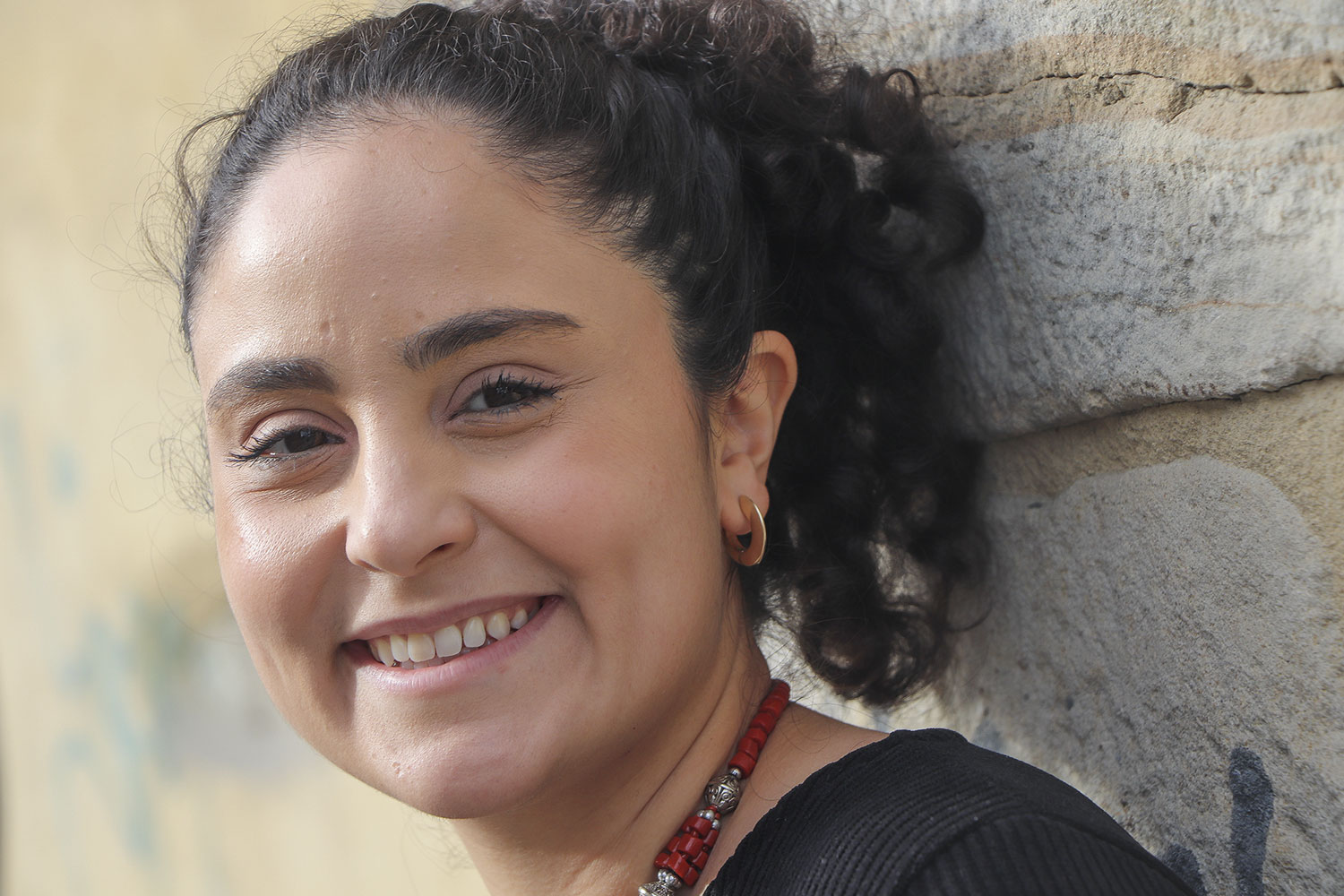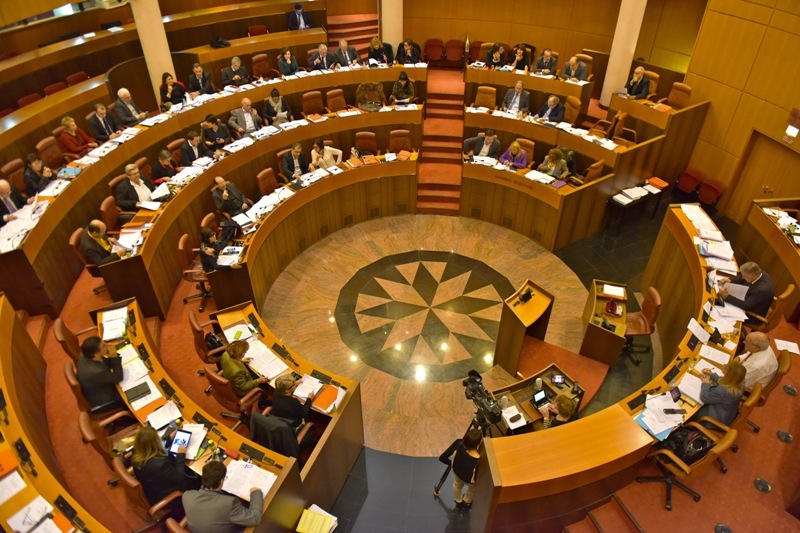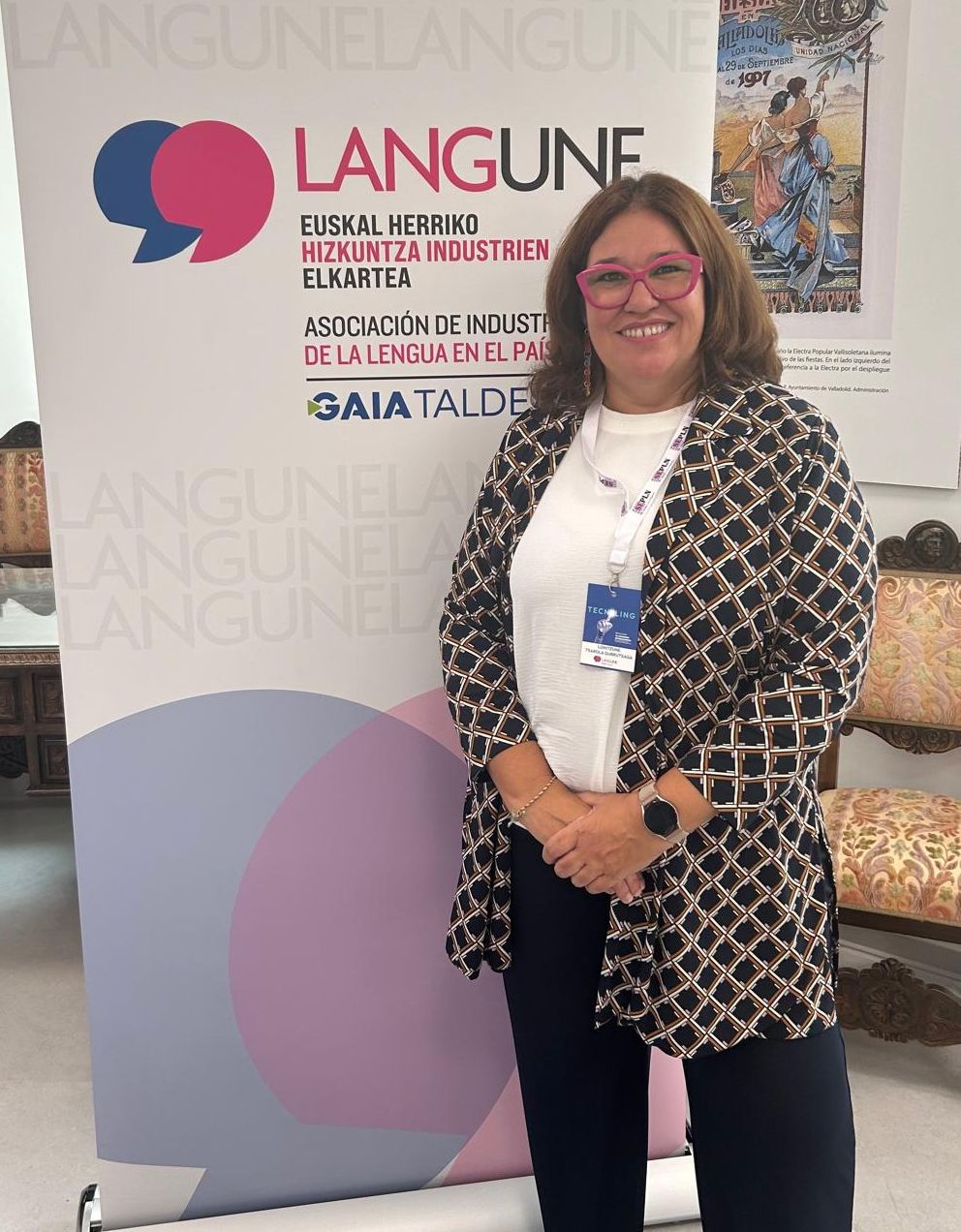Macron signs the Devalued Minority Languages Act, eliminating the possibility of re-reading
- The Constitutional Council declared two articles of the Minority Languages Act, adopted on 8 April, unconstitutional. After the decision to reject the proposed law, the advocates of the law studied the channels for their revisit n.Sin however, this Sunday, the French president, Emmanuel Macron, has signed a text that definitively closes the revision path. The leaders of Ipar Euskal Herria have described the decision of the Spanish National Court as a "declaration of war".

In February last year, Breton MP Paul Molac made a proposal for a law in the French Parliament on minority languages and the text was adopted unanimously on 8 April this year. On 22 April, however, more than 60 Members filed an unconstitutionality appeal against the law before the Constitutional Council. The Council finally decided to repeal the law because a number of articles were contrary to Parliament. As a result, it modified the bill and rendered two of the most important articles null and void.
In recent weeks there have been various debates about the legal possibilities of reversing this decision. In fact, there were two possibilities. One of them would be for Macron to reform the Constitution 2.artikuluaren, an article that sees French as the only official language of the state. It would be a long way, because in addition to the will of the president, it would need most of the two chambers, or a referendum.
The second option would be to support it in Article 10.2. In short, this article empowers the President to urge Parliament to revise the text, opening the way for a further revision.
With this latter approach, the President would ask for a review of the debate on the withdrawal of two articles from the Molac Act. Articles 4 and 9 have generated controversy: 4.artikulua refers to the model of educational immersion and 9.ak prevents the use of the sign “ñ” in civil state documents, something that does not exist in French, but does exist in Basque and Breton.
However, this route has been suspended this Sunday by the signing of the text by the president of the French State, Emmanuel Macron.Responsables institutional and educational networks of Ipar Euskal Herria have described the political attitude of the president as "declaration of war" and on 29 May they will hold a demonstration in Baiona at 16:00 hours.
Lagun asko sumatu dut kezkatuta euskaldun gero eta gutxiagok ahoskatzen duelako elle-a. Haur eta gazte gehienek bezala, heldu askok ere galdu du hots hori ahoskatzeko gaitasuna, idatzian ere nahasteraino. Paretan itsatsitako kartel batean irakurri berri dugu: altxorraren biya... [+]
570.000 familiak euren haurren ikasgeletako hizkuntza nagusia zein izango den bozkatzeko aukera dute martxoaren 4ra arte: gaztelera edo katalana. Garikoitz Knörr filologoaren eta euskara irakaslearen arabera, kontsultak "ezbaian" jartzen du katalanaren zilegitasuna... [+]
Iragan urtarrilaren hondarrean, Bretainiako lurraldeko bi hizkuntza gutxituei buruzko azken inkesta soziolinguistikoaren emaitzak publiko egin zituzten bertako arduradunek. Haiek berek aitortu zuten harriturik gertatu zirela emaitzak ikustean. Hain zuzen ere, egoerak eta... [+]
Oinarrizko maia komunitateko U Yich Lu’um [Lurraren fruitu] organizazioko kide da, eta hizkuntza biziberritzea helburu duen Yúnyum erakundekoa. Bestalde, antropologoa da, hezkuntza prozesuen bideratzaile, eta emakumearen eskubideen aldeko aktibista eta militante... [+]
Korsikako legebiltzarkideek ezin dute Korsikako Asanblean korsikeraz hitz egin, Bastiako Auzitegiaren 2023ko epai baten arabera. Ebazpen horri helegitea jarri zion Asanbleak, baina debekua berretsi du orain auzitegi berak. Epaiak tokiko beste hizkuntzei eragiten diela ohartarazi... [+]








